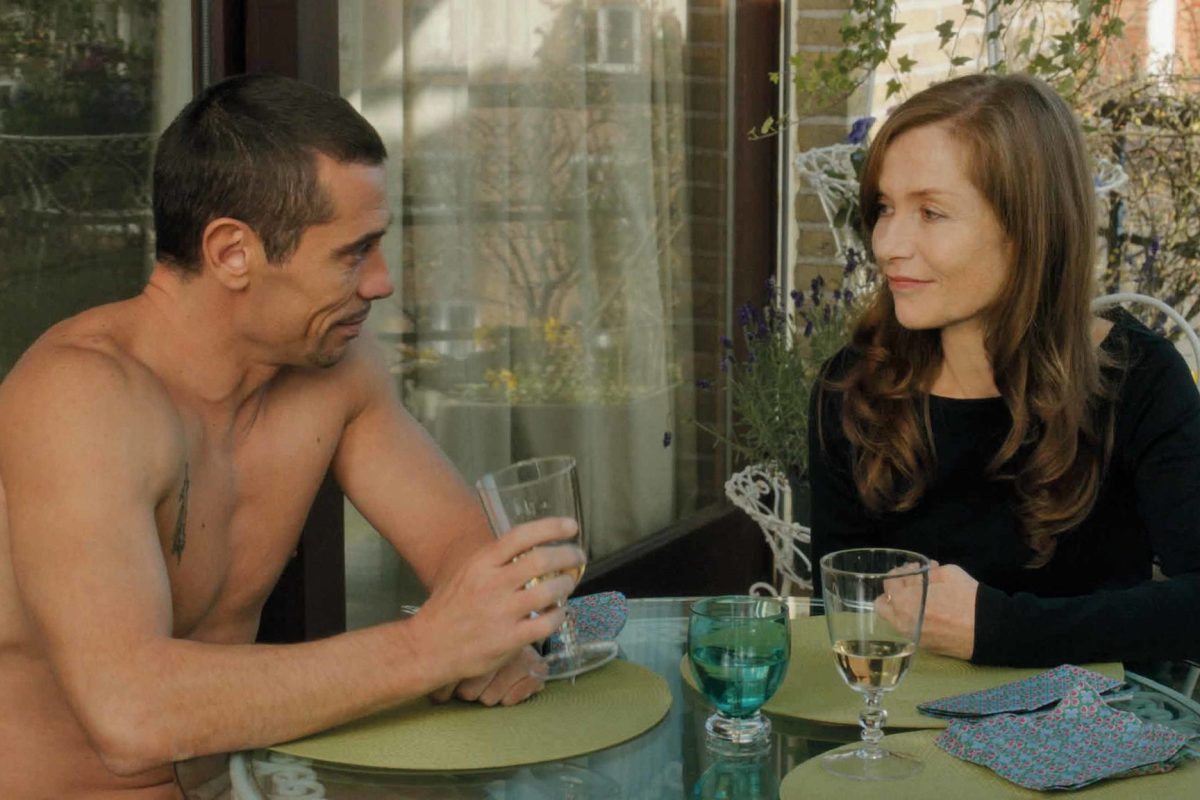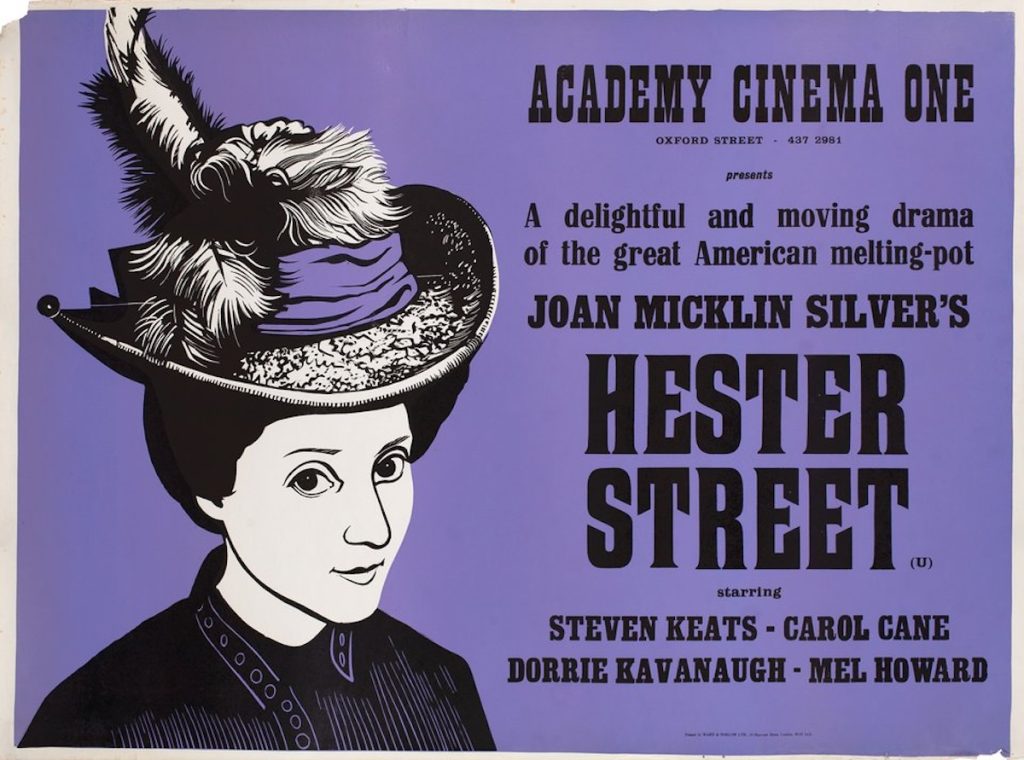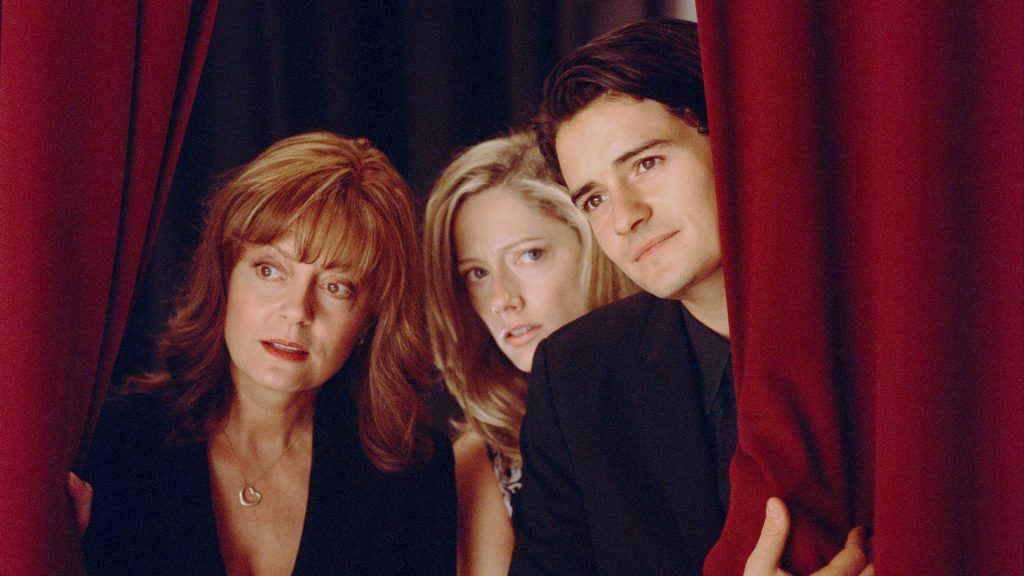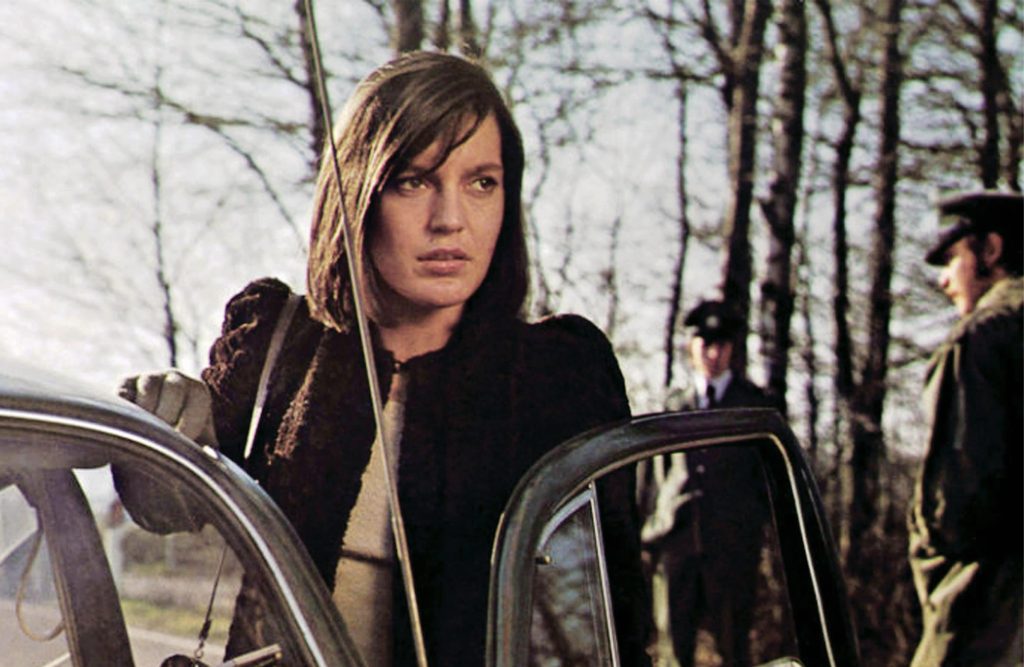When we call a relationship platonic, we’re thinking of a pure, defanged thing: a mutual appreciation and sympathy with none of the unstable, explosive potential of a physical connection. This is, of course, a limited point of view: the absence of sex can lead to a false sense of security, or it can create a void to be filled by psychic attachments and emotional warfare.
Catherine Breillat’s Abuse of Weakness is a particularly chilling, compelling portrait of a platonic bad romance. Sex isn’t needed to shake one’s sense of self to the core. When film director Maud (Isabelle Huppert) suffers a severe cerebral hemorrhage, she is determined to continue working on her next film, about an actress who is murdered by her boyfriend. As she’s looking to cast her leading man, she becomes captivated by Vilko, a celebrity con man just out of prison for swindling in epic proportions. No actor, Maud thinks, could play a charismatic thug better than the real thing.
Vilko accepts the part, and he increasingly inserts himself into Maud’s life as she struggles with her recovery. Once she comes to depend on him physically (and, in murkier ways, emotionally), he plies Maud with flim-flams and sob stories. Soon she’s writing him checks for hundreds of thousands of Euros. (The story is semi-autobiographical: while recovering from a stroke, Breillat fell under the influence of celebrity con man Christophe Rocancourt. He was found guilty of taking advantage of her diminished capacity, and sentenced to 16 months in prison.) As Vilko keeps draining Maud, the dynamic between the two becomes both depressingly transparent and truly mystifying. Despite the bald audacity of Vilko’s con, the relationship is surprisingly complex: Vilko needs more than just money from Maud, and she can cannily withhold that from him even as he’s fleecing her.
Beginning with her attack, the portrait of Maud is stirring and unsparing. Huppert, completely lacking in vanity, captures Maud’s gaping horror as her limbs start betraying her. In a particularly low moment, she pleads with an occupational therapist to help her learn to laugh again. She stares at herself in a hand mirror, dutifully trying to form her mouth into the proper shapes. Maud’s illness makes both large and small claims on her life: there are many indignities involved in simply going shopping or trying to make a salad. Yet Maud remains determined to return to her old life and continue with her filmmaking. As a result of the attack, her left hand is initially stuck in a closed fist—an emphatic (but also pathetic) symbol of her determination to regain some control over her life.
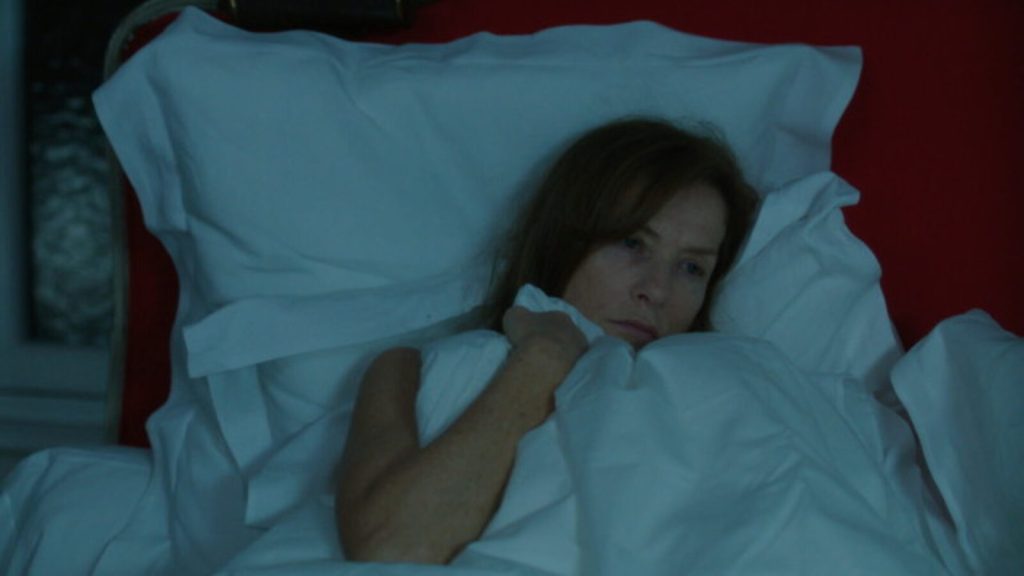
Even in her diminished state, it’s difficult to understand how Vilko can reel Maud into his schemes. His initial ploys are hackneyed and flimsy: he plays the hoodlum to Maud’s rich girl, a potentially sexual scenario which he leaves floating in the air. (Maud always rebuffs Vilko’s sporadic sexual advances — it’s as if her ability to resist him physically blinds her to the other ways he’s taking advantage of her.) He splashes his cash around, bragging about his Dior suit and expensive wines. Even when he shows Maud a duffel bag full of cash (which he claims he got from the Department of the Treasury), she remains unmoved. (Huppert maintains the cool, haughty look that she does so well.)
Yet sometimes the currents shift, and it’s hard to tell who’s got the upper hand: when does Maud’s detachment transition from lucidity to a semi-catatonic state? When do Vilko’s entreaties reflect a slimy money grab, or a gentler desire for acceptance in Maud’s cultured atmosphere? The tension and reversals in their dynamic are endlessly compelling. They share baffling moments of tenderness even while Wilko keeps bleeding her dry.
For those familiar with her filmography, it’s unsurprising that Breillat turned her unflinching gaze on her own weaknesses. Breillat is famous (and infamous) for her graphic and unsparing look at the darkest, nastiest parts of sex and relationships between men and women. She is the queen of bad romances. Her film Fat Girl infamously includes an extended rape scene that used unsimulated sex. In Anatomy of Hell, a woman provokes men’s disgust at women’s bodies by dropping a bloody tampon into a glass of water. She has perverse visions of heterosexuality. Relationships can be passionate, but also full of hatred and aggression. Her films are built around intense carnal encounters—some pleasurable, some not, some in between.
Breillat shoots her own story with an almost immaculate clinical precision—Maud has nowhere to hide. Under this stark light, we get to the truth of how she grew attached to Vilko. He constantly teases her about her dirty mind and her perversity. In this, he offers an opportunity to return to her old self—the director who can dance with the devil while not getting burned. Breillat has said that, while Rocancourt destroyed her financially, he also stole her sense of self. Breillat has Maud’s supreme confidence in herself, as a savvy director who knows everything about men and women, sex and relationships. Here is where Abuse of Weakness is most powerful and insightful: when Maud says that it was her, but also not her, who wrote Vilko the checks, she is reckoning with her shattered identity. This bad romance leaves profound psychic scars in its wake.
“Abuse of Weakness” is available for digital rental or purchase.
